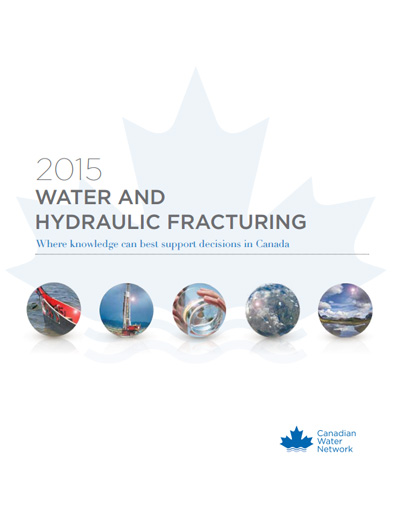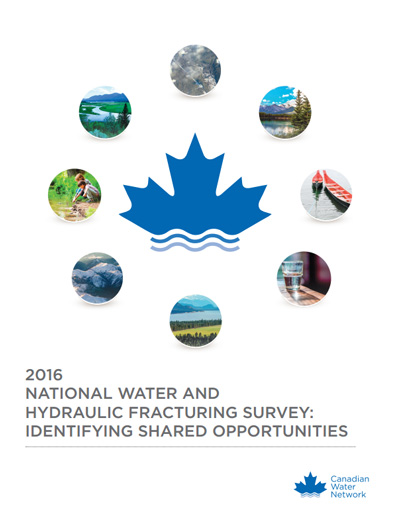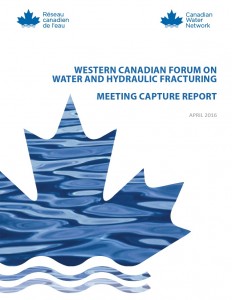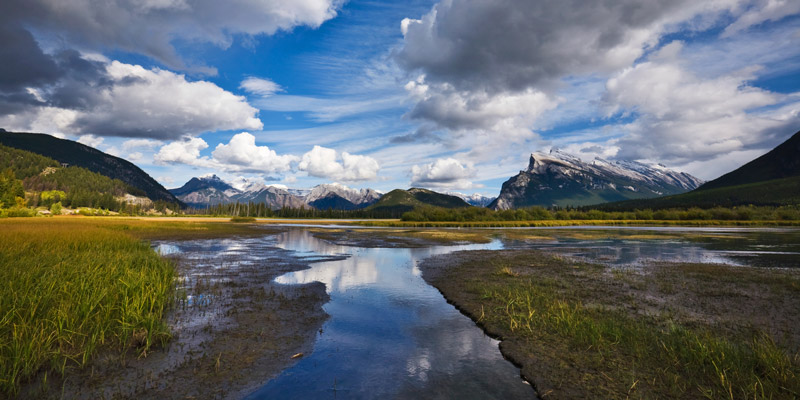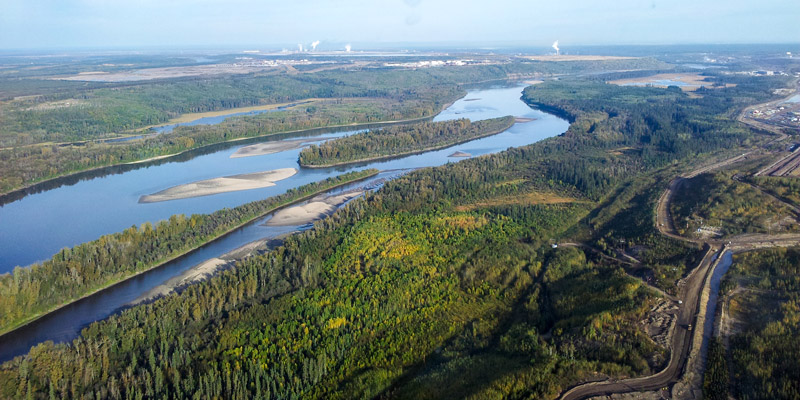Prioritizing Research Approaches and Opportunities to Inform Decision-making for Hydraulic Fracturing and Water
Canadian Water Network (2014-2016)
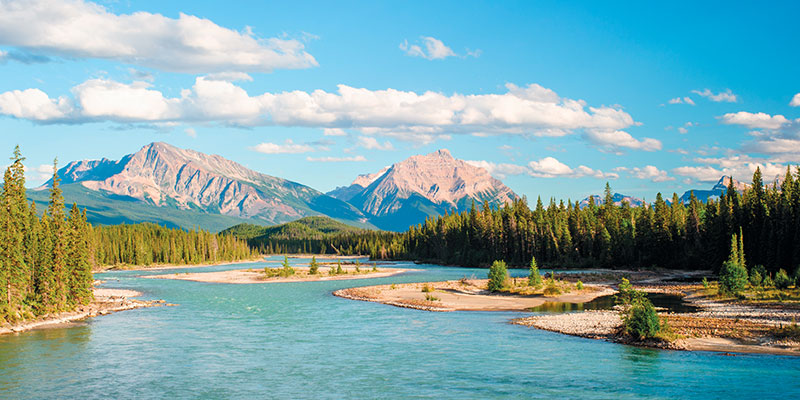
Challenge
The expansion of unconventional oil and shale gas development over the past decade, together with rapid evolution in techniques and technologies, has raised a host of challenging questions for those involved in making, influencing and informing decisions related to water and hydraulic fracturing. Given that hydraulic fracturing is a relatively young industry in Canada, a broad array of questions and concerns continue to be asked regarding the effective monitoring and management of environmental and human health risks to water quality, cumulative effects in watersheds, availability and use of water, as well as social and economic considerations.
Decision-makers need to understand what is known, what is not yet understood and which areas in need of more information are most important. Recognizing today’s economic context and the need to leverage existing funds and resources, those connected to water and hydraulic fracturing decisions will benefit from the prioritization of shared interests and opportunities to invest in collaborative research.
Project
In 2014, CWN established a national program to identify key questions and support the generation and use of knowledge to inform decision making. The program looked at four overarching questions:
- What are the key questions that underpin decisions on water and hydraulic fracturing in Canada?
- What is the state of knowledge? What do we already know that can help answer the questions underpinning decision making?
- What are the most relevant knowledge needs that are important for informing decision making?
- What are the best opportunities to address those knowledge needs through research?
Outputs
1. Research Projects and Overview Report
As a first step in addressing these questions, CWN funded five national, multidisciplinary research projects in 2014-2015 to investigate where knowledge gaps are most centrally connected to decision-makers’ needs and questions involving water and hydraulic fracturing. The projects examined the overarching questions from the perspective of watershed governance and management approaches for resource development, including Indigenous rights and concerns; wastewater handling, treatment and disposal; groundwater and subsurface impacts; and landscape and surface water impacts. The teams conducted comprehensive reviews to identify key knowledge needs in the context of advancing decisions, and presented practical research approaches that could be used to address these needs.
Projects:
- Not Just a License to Drill: Exploring the challenges of water governance and hydraulic fracturing in Canada
- Development of a Water Safety Framework for Watershed and Water Demand Governance and Management Approaches Related to Hydraulic Fracturing
- Unconventional Wastewater Management: A comparative review and analysis of hydraulic fracturing wastewater management practices across four North American basins
- Subsurface impacts of hydraulic fracturing: Contamination, seismic sensitivity, and groundwater use and demand management
- Hydraulic Fracturing and Water Knowledge Integration: Landscape Impacts
CWN released a national report on water and hydraulic fracturing in October 2015 that provided a high-level framing to complement the much greater detail provided by the five CWN-funded research projects and other leading international research. Drawing on the findings of the five projects, the report summarized what we know now, what we most need to know, and what is reasonable for advancement through targeted research. The results of these analyses identified some practical opportunities to move the knowledge base forward to directly support decision-makers.
2. National Survey and Western Canadian Forum
CWN undertook a two-part process in 2015-2016 to further prioritize areas of shared interest across sectors and regions:
In partnership with Environment and Climate Change Canada, CWN conducted a national survey to determine where shared regional and national priorities exist to identify the best opportunities to advance knowledge through a shared investor approach. Drawing on the key knowledge needs and opportunities highlighted in the overview report, the survey was distributed widely to individuals and organizations who contribute to the discussion on water and hydraulic fracturing in Canada. The survey respondents included representatives from municipal, provincial, territorial, federal and Indigenous governments; industry; non-governmental organizations; and researchers in government and academia. A report summarized the survey results and identified key priorities within and across sectors and regions. A large number of survey respondents identified a need to better address cumulative effects and achieve effective baseline data monitoring.
CWN also convened the Western Canadian Forum on Water and Hydraulic Fracturing in February 2016 in partnership with Alberta Innovates – Energy and Environment Solutions, the Canadian Association of Petroleum Producers, Government of British Columbia, Government of Northwest Territories and Yukon Government. The forum brought together over 50 participants from federal, provincial, territorial, and Indigenous governments, industry, academia and non-government organizations to discuss ways to move forward collaboratively on shared priorities and outcomes related to water and hydraulic fracturing. Discussion during the forum confirmed and refined the priority needs and opportunities identified in the CWN-funded research projects, overview report and national survey. Developing a framework to monitor cumulative effects and baseline data was seen as a key opportunity for collaboration. The participants also identified ongoing work and existing commitments to advancing numerous priority areas and highlighted near-term opportunities to address priority areas through shared research. A meeting capture report summarized the priorities that emerged from the forum as a starting point for strategic research focused on shared national and regional priorities.
Outcomes
Based on the findings of the five CWN-funded research projects, overview report, national survey and forum, CWN identified a shortlist of potential projects with the intent to launch a shared research initiative in 2016. The significant economic downturn in the Western Canadian energy sector over the last few years has presented both challenges and opportunities for increasing our understanding through additional research. The decision to launch a new shared research initiative to continue the next steps of this program was deferred. Subsequent partner discussions have pointed to the shared challenge of addressing cumulative effects for resource development, an area of parallel focus for CWN, including a national program focused on cumulative effects in watersheds. The priorities identified through this work remain of interest to CWN and its partners, who continue to share knowledge and discuss opportunities for advancing both cumulative effects work and more sustainable hydraulic fracturing processes.


